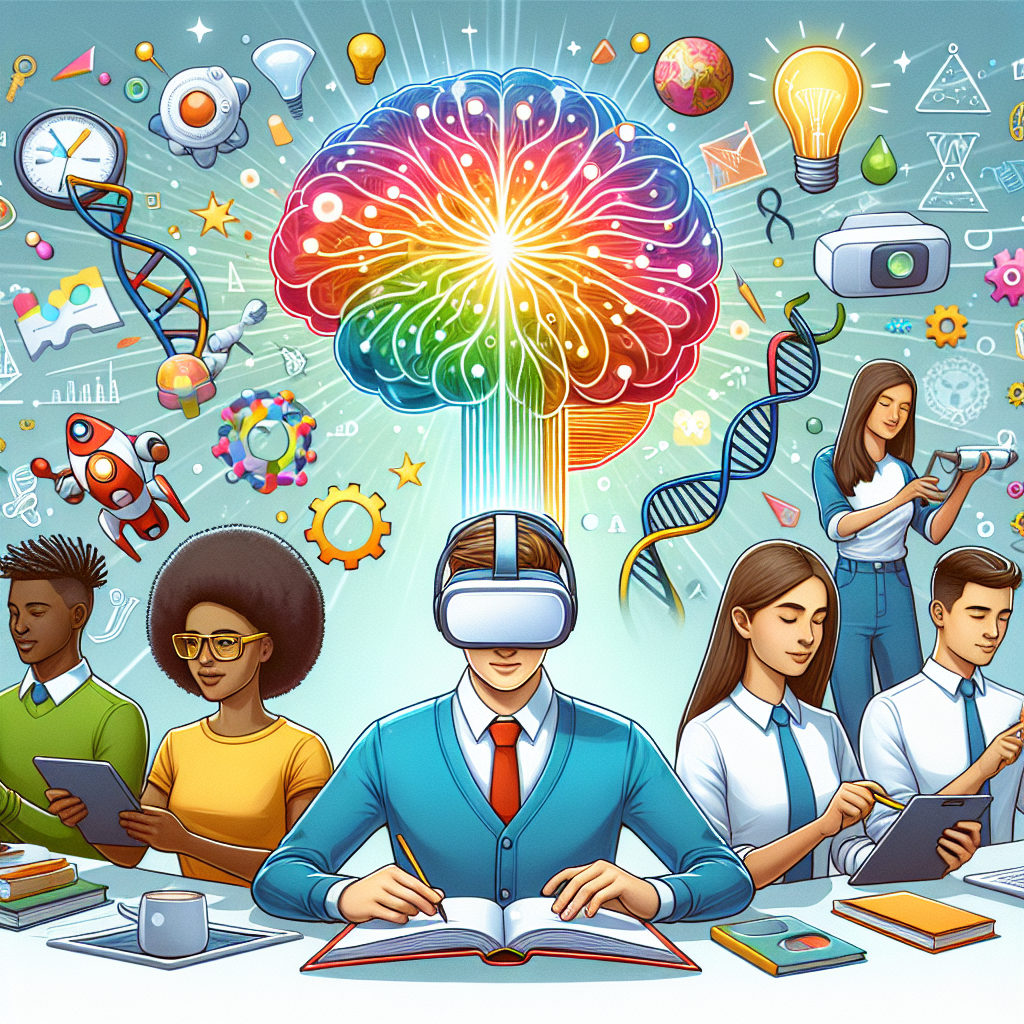Education has always been a crucial aspect of society, playing a significant role in shaping individual minds and fostering personal growth. However, with the rapid advancement of technology and the changing needs of the workforce, traditional modes of education are being challenged. In response, innovative learning techniques are emerging as a way to expand the minds of students and better prepare them for the future.
One such technique is experiential learning, which emphasizes hands-on experiences and active engagement in the learning process. This approach allows students to apply theoretical knowledge to real-world situations, fostering critical thinking skills and problem-solving abilities. By engaging with the material in a practical way, students are able to deepen their understanding and retain information more effectively.
Another innovative learning technique is project-based learning, where students work collaboratively on a complex project over an extended period of time. This approach allows students to develop important skills such as teamwork, communication, and time management, while also gaining a deeper understanding of the subject matter. By working on a sustained project, students are able to see the connection between different concepts and how they relate to each other in a real-world context.
Furthermore, technology is playing a significant role in expanding the minds of students through online learning platforms and virtual reality simulations. These tools provide students with immersive learning experiences, allowing them to explore complex concepts in a more engaging and interactive manner. By utilizing technology in education, students are able to access a wealth of information and resources that may not be available in a traditional classroom setting.
The impact of these innovative learning techniques is visible in the way students approach their education. By engaging with material in a more hands-on and experiential way, students are able to develop a deeper understanding of the subject matter and apply their knowledge in a meaningful way. This not only prepares them for success in the workforce but also fosters a lifelong love of learning.
Additionally, these innovative learning techniques are helping to bridge the gap between traditional education and the rapidly changing demands of the modern world. By incorporating hands-on experiences, project-based learning, and technology into the curriculum, educators are able to better prepare students for the challenges they will face in the future.
In conclusion, mind-expanding education through innovative learning techniques is crucial in preparing students for success in the 21st century. By incorporating experiential learning, project-based learning, and technology into the curriculum, educators are able to provide students with the skills and knowledge they need to thrive in a rapidly changing world. By expanding the minds of students through these innovative techniques, we are shaping the leaders of tomorrow and fostering a culture of lifelong learning and growth.

